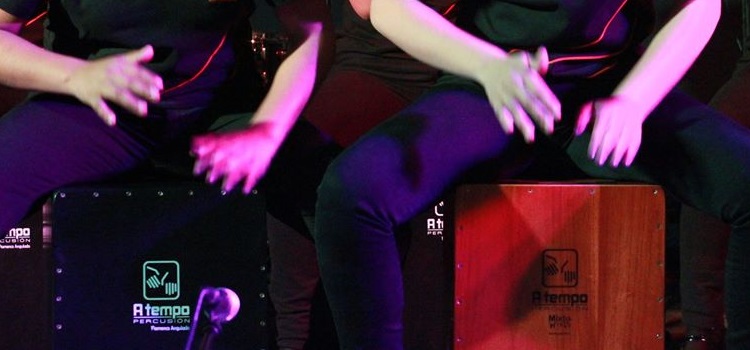Rubem Dantas y Faustino Núñez: Historia del soniquete: cómo nacieron los compases flamencos 16 January 2019
En este seminario de seis sesiones de una hora y media cada una (tres jornadas) tocamos los diferentes aspectos en torno al compás flamenco. Repasamos la historia del cajón y todo lo relativo a la rítmica del género. Además en dos entrevistas a Rubem Dantas el percusionista nos contará, en la primera cómo llegó hace cuarenta años el cajón al flamenco, y en la segunda indagamos en la historia del Sexteto de Paco de Lucía.
Los diferentes patrones rítmicos que hoy reconocemos como flamencos tienen su historia y esa evolución vamos a desgranarla a lo largo de estas sesiones.
Estudiaremos cómo se fueron transformando desde su origen hasta la definitiva cristalización en los estilos flamencos.


